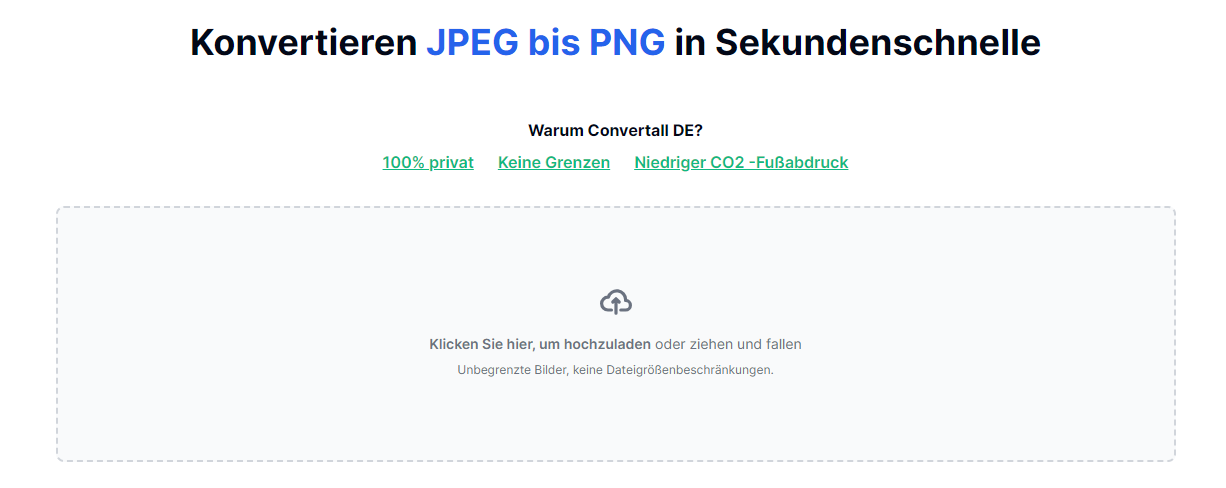Investing in student accommodation, particularly purpose-built Studentenunterkünfte in German-speaking regions, can be an attractive opportunity for real estate investors. However, like any investment, it comes with its own set of pros and cons that must be carefully weighed before making a decision.
Starting with the pros, one of the most significant advantages of investing in Student Accommodation In Berlin is the consistent demand. With a growing number of students pursuing higher education globally, there is a steady need for affordable and convenient housing options. Studentenunterkünfte cater specifically to this demographic, offering amenities and services tailored to their needs, making them a reliable source of rental income.
Moreover, student accommodation often boasts higher rental yields compared to traditional residential properties. The ability to rent out individual rooms within larger units, coupled with the potential for rental increases year-on-year, can result in attractive returns for investors. Additionally, purpose-built student accommodations are designed with efficiency and cost-effectiveness in mind, maximizing the use of space and minimizing operational expenses.
Investing in student accommodation also offers diversification benefits for real estate portfolios. Unlike other sectors that may be more susceptible to economic downturns, the demand for student housing tends to remain resilient even during periods of economic uncertainty. This stability can help mitigate risks and balance out the overall risk profile of an investment portfolio.
However, despite these advantages, there are also potential drawbacks to consider when investing in student accommodation. One of the main concerns is the seasonality of demand, as student populations typically fluctuate throughout the academic year. Vacancies during holiday periods or between semesters can impact rental income and require careful management of cash flow.
Furthermore, the turnover rate among student tenants tends to be higher compared to other rental markets. Students may only occupy the accommodation for the duration of their academic program, leading to more frequent turnovers and associated costs such as refurbishment and marketing expenses.
Additionally, investing in student accommodation requires a thorough understanding of local regulations and market dynamics. Changes in government policies related to education or housing could impact the demand and profitability of student housing investments. Likewise, fluctuations in enrollment rates or competition from other accommodation providers could affect occupancy levels and rental rates.
In conclusion, while investing in student accommodation offers various advantages such as consistent demand, attractive rental yields, and portfolio diversification, it also comes with challenges such as seasonality of demand, higher turnover rates, and regulatory risks. Investors considering this sector should conduct comprehensive due diligence and risk assessment to determine whether it aligns with their investment goals and risk tolerance.







